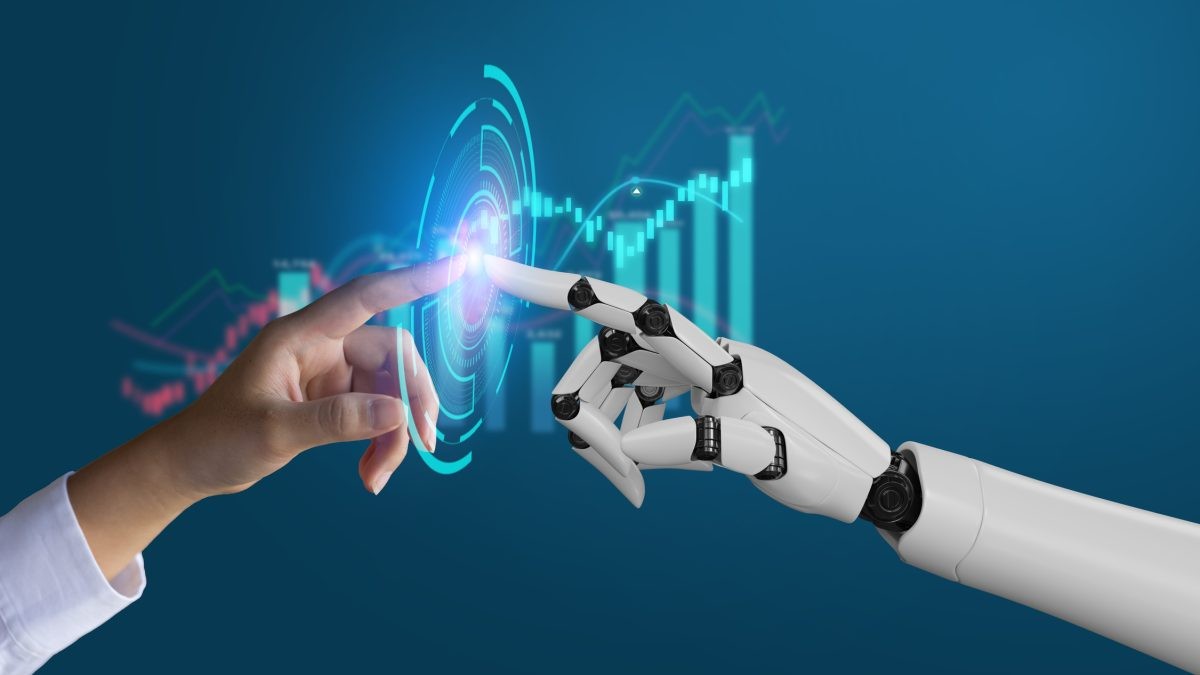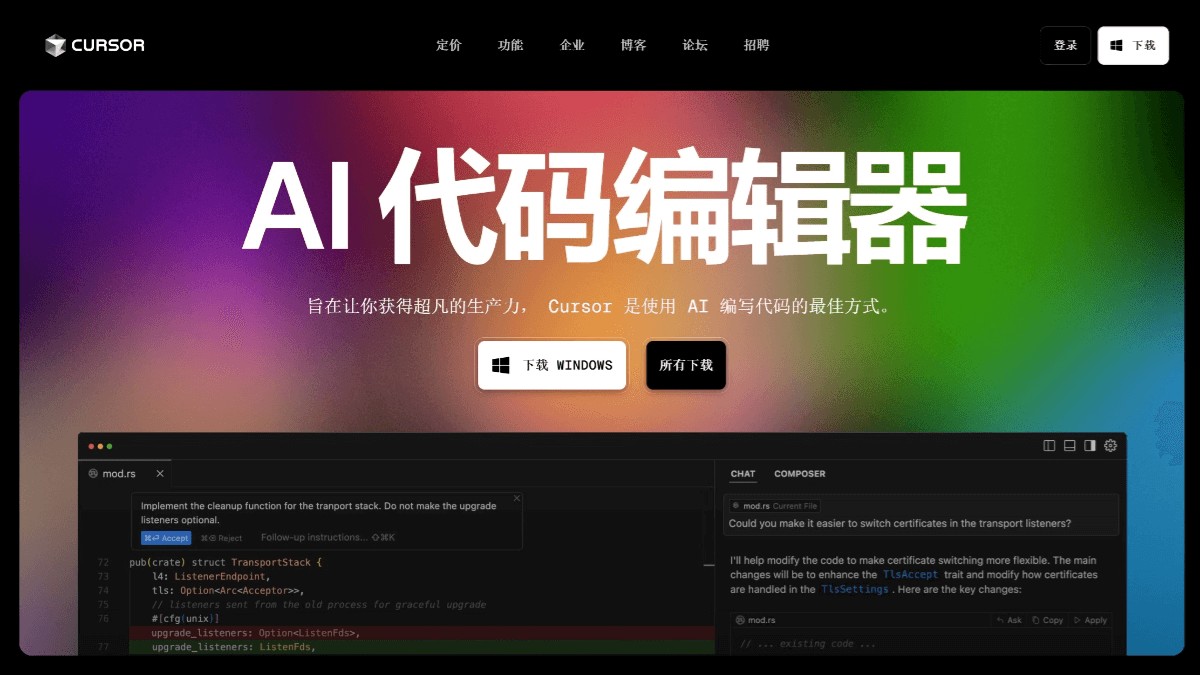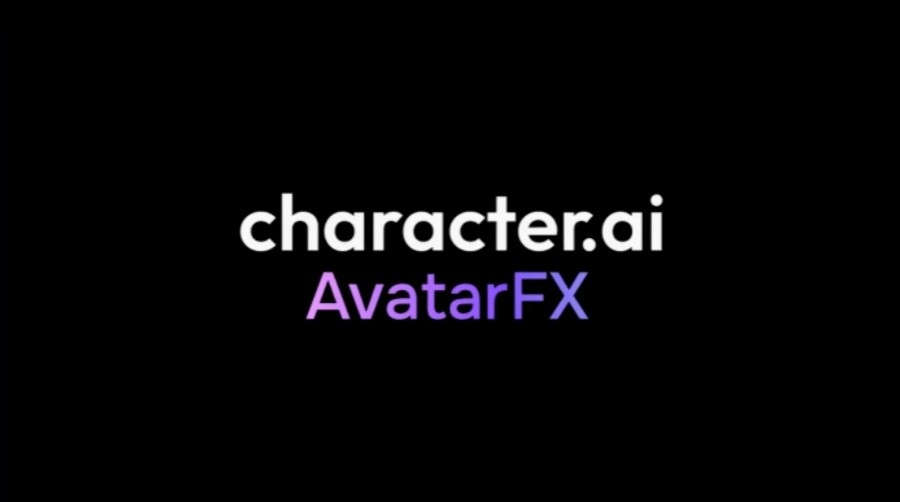
Artificial intelligence (AI) can be classified from different perspectives, mainly including strong artificial intelligence and weak artificial intelligence , as well as general artificial intelligence (AGI) and specialized artificial intelligence (ANI). These two sets of classifications reflect the differences in intelligence level and scope of application of AI.
Strong artificial intelligence (Strong AI) : refers to an AI system with cognitive abilities that are the same as or stronger than humans. It can not only perform tasks, but also be self-aware and emotional, thinking, learning and solving problems like humans. Strong AI has not been realized yet and is still in the theoretical stage.
Weak AI : Also known as narrow artificial intelligence, it focuses on completing specific tasks, such as speech recognition, image classification, etc. It has no consciousness or emotions and can only display intelligence in specific areas.
General Artificial Intelligence (AGI) : It is an AI system that can perform any human intelligent activity and has cross-domain learning and reasoning capabilities. AGI can solve various problems like humans, but it has not been realized yet.
Application-specific artificial intelligence (ANI) : refers to AI systems currently widely used that specialize in processing tasks in specific fields (such as image recognition, natural language processing). These systems are very powerful within their own domains but do not have cross-domain capabilities.
Strong AI and AGI : Strong artificial intelligence usually refers to human-level comprehensive intelligence, while AGI is the goal of achieving strong AI. The main difference is that strong AI may also have consciousness and self-awareness.
Weak AI and ANI : Weak AI and specialized AI are the actual manifestations of most current AI applications. They are very powerful in a specific field but cannot cross fields.
Currently, our AI technology mainly focuses on weak artificial intelligence and specialized artificial intelligence . General artificial intelligence and strong artificial intelligence remain long-term goals, and future research will move toward broader and more complex intelligent systems.



